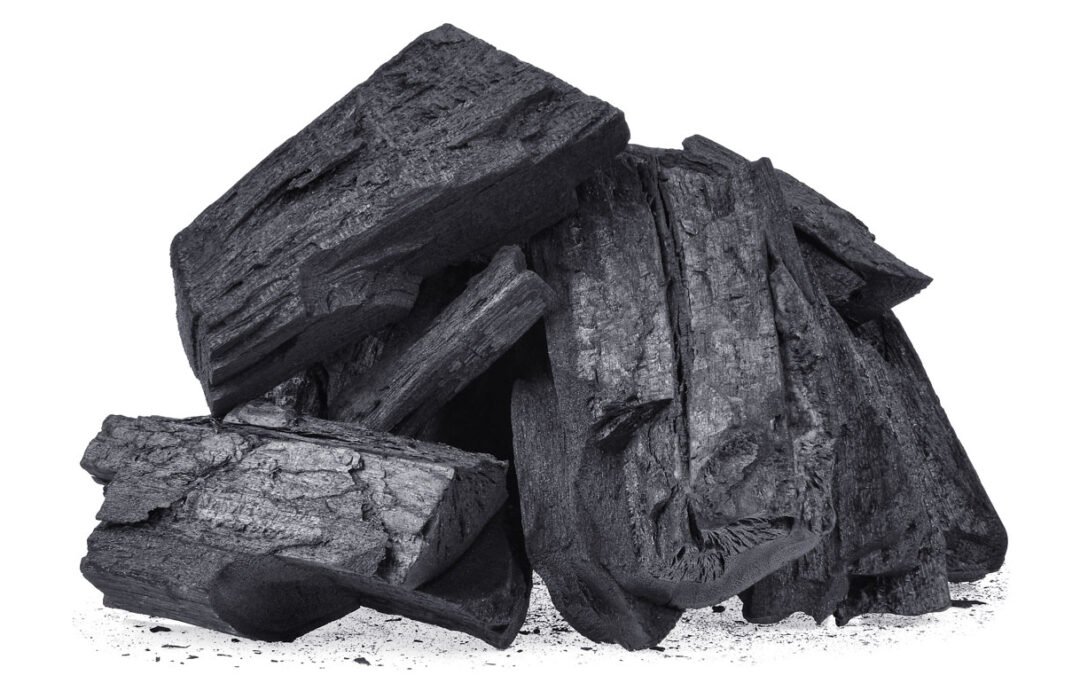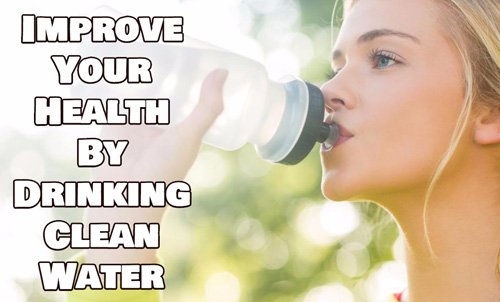
Improving Health Through Better Water Filtration
Improving Health Through Better Water Filtration
No one will argue the fact that everyone needs a steady supply of safe water to continue living. The arguments usually start when health experts disagree on what constitutes safe water. It’s been well established that much of the Earth’s water supply is contaminated with a wide variety of chemicals. Much of the world’s water supply contains high levels of minerals that make it less than healthy for consumers.
How Do Consumers Know If Their Water Is Safe?
Most tap water from municipal sources is tested to ensure contaminants are within “safe” limits, but who determines what those safe levels are, and should users blindly accept their findings?
Governmental agencies are generally responsible for determining what those acceptable levels are, but water safety is about more than defining an “acceptable” level of contamination. Consumers need to be asking themselves whether or not high levels of minerals or the presence of any pharmaceuticals is genuinely safe.
TRICK: You can clean up water marks from glass vases. Or fill the vase with water and drop in 2 Alka Seltzer tablets.

Can Consumers Take Steps to Improve the Quality of Their Drinking Water?
The short answer is yes, and there are several options to consider when consumers seek a way to improve the quality of the water they drink. A variety of filtering systems are currently marketed to enhance water quality. The problem is that many don’t really resolve all the issues involved.
Why Are PH Levels Important?
Here’s where there seems to be a great deal of important information available. In an article at http://www.precisionnutrition.com/, Ryan Andrews explains that a pH level of about 7.0 is typical for most tap water, which is regarded as being neutral. He discusses the fact that a human body will seek a balance near that neutral point and that a pH level that is out of balance in either direction will create issues.
Nutrition experts universally espouse the importance of safe water. Within recent years many water studies, like The Alkaline Diet: Is There Evidence That an Alkaline pH Diet Benefits Health?, by Gerry K. Schwalfenberg, suggest there are benefits of ingesting more alkaline substances in a diet to improve health. In fact, newer water filtering devices are currently being used to increase alkalinity and help users avoid chronic low-grade acidosis, which some researchers believe causes health issues.
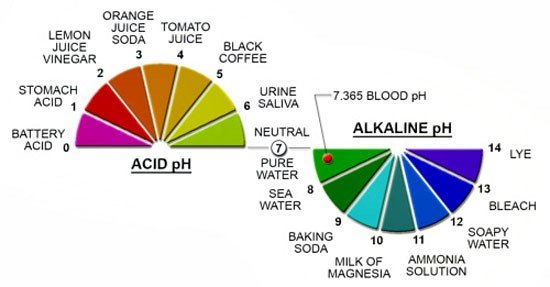
Andrews, in his article, argues that pH levels impact overall health, and obtaining a balance is essential, but “Without knowing the cause, you can’t determine whether alkaline water will really help you.”
While that statement has value and should not be ignored, especially if chronic medical issues are present, the importance of drinking only quality water should always take priority.
How Can Users Ensure They Always Have Quality Drinking Water?
First of all, it’s essential to recognize the fact few water sources are actually delivering water that’s as pure as it should be. That means users have to take matters into their own hands and look at the options out there to improve the quality of the water they drink.
One of the current trends in water filtration involves the use of filters, including tourmaline.
“Took the SureAqua pump on a Scout Hike with 15 boys and girls. It was so good not to carry so much water. The scouts are only allowed to carry 20% of their body weight. Not much! It was great, so the kids were able to carry food and tents rather than lbs of water.”
Did you know nearly 79% of your body mass is Water!
Why Is Tourmaline Used?
The Global Healing Center in “Benefits of Tourmaline Gemstone” states that tourmaline “is known to aid in relieving stress, increasing mental alertness, improving circulation, and strengthening the immune system.” While the article did not precisely explain how that happens, it hints that the electrical charge influences those outcomes.
In addition, the article states tourmaline “produces a detoxifying, cleansing effect on the nervous system, as well the organs and tissues of the body.” Those benefits are frequently a topic of argument, but anecdotal evidence has been around for centuries, suggesting that the mineral enhances health. That’s why it’s now being incorporated into water filtering systems, even though more research needs to be undertaken to determine how much of an effect the tourmaline has.
In modern filters, tourmaline is used to increase alkalinity during the filtering process to deliver pure water to improve the user’s pH levels. The best systems use several stages of filtration to remove chemicals, bacteria, and viruses that frequently threaten those who are drinking unfiltered water.
“Never again will I leave my portable water filter behind after I spent a straight 5 hours in a toilet in India.”
Are Filters Available for Users on the Go?
Certainly, filters are available in different styles and sizes to accommodate travelers, campers, hikers, and anyone else venturing out into areas where water quality is questionable. While the water in a given location may be safe to drink, it’s always better to avoid the potential of coming down with a water-related illness. Carrying a portable filter using tourmaline as a component is always a good idea for anyone wanting a safe, reliable water supply.
Of course, there are also other reasons to consider portable filtering devices. Bottled water is readily available in many areas. Still, bottled water quality has come under question in recent years as many bottlers openly admit using municipal supplies as their water sources. While they may filter the water further, users have no way to determine the purity of bottled water.
Final Say about water filter benefits
In addition, bottled water produces massive amounts of plastic waste. Using a portable water filtering system eliminates that waste and allows users to know the level of filtration their water is receiving. Since the better filtering products currently available are thoroughly tested and last for years, users can be assured their water will have a pleasant taste and be healthier than the water typical municipal systems deliver.
Whether a user is traveling or simply wants a reliable method of filtering the water they drink every day, exploring the filtering options readily available, especially those including tourmaline in the process, is essential. Clean, safe water not only tastes better, but it is also healthier for users. Prices are also important, but some of the best options are reasonably priced, making them readily available to virtually anyone.

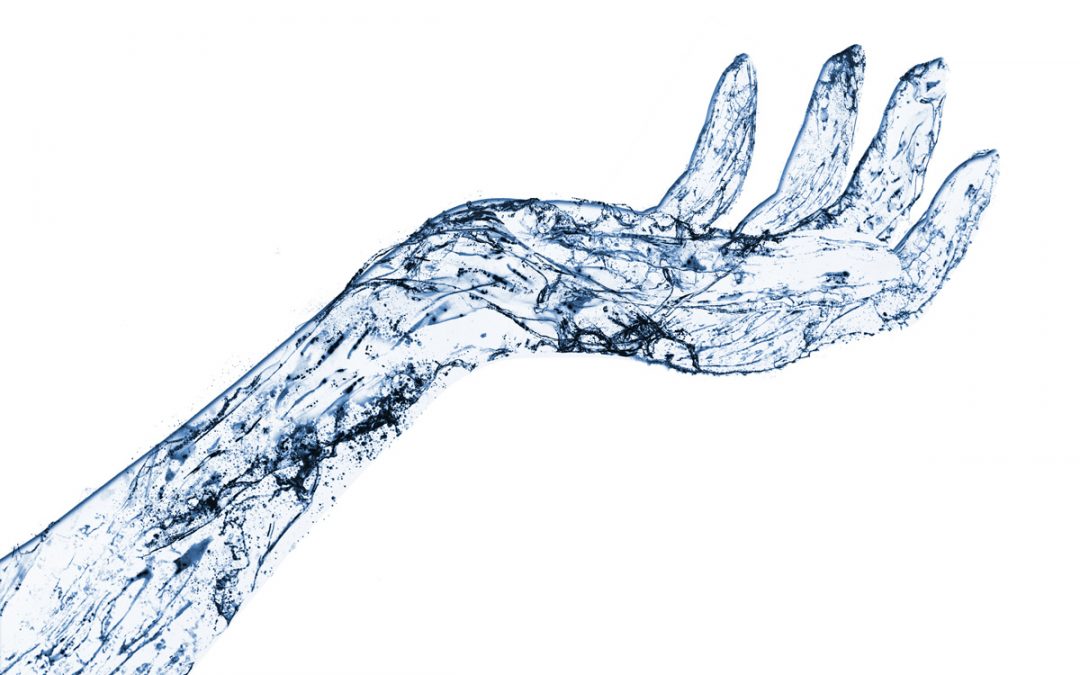
 “Took the Sure Aqua Water pump on a Scout Hike with 15 boys and girls. It was so good not to carry so much water. The scouts are only allowed to carry 20% of their body weight. Not much! It was great, so the kids were able to carry food and tents rather than lbs of water.”
“Took the Sure Aqua Water pump on a Scout Hike with 15 boys and girls. It was so good not to carry so much water. The scouts are only allowed to carry 20% of their body weight. Not much! It was great, so the kids were able to carry food and tents rather than lbs of water.”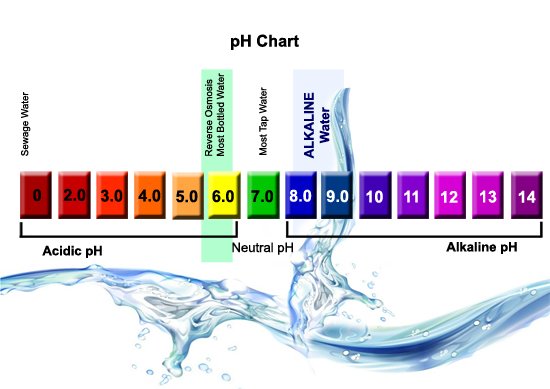
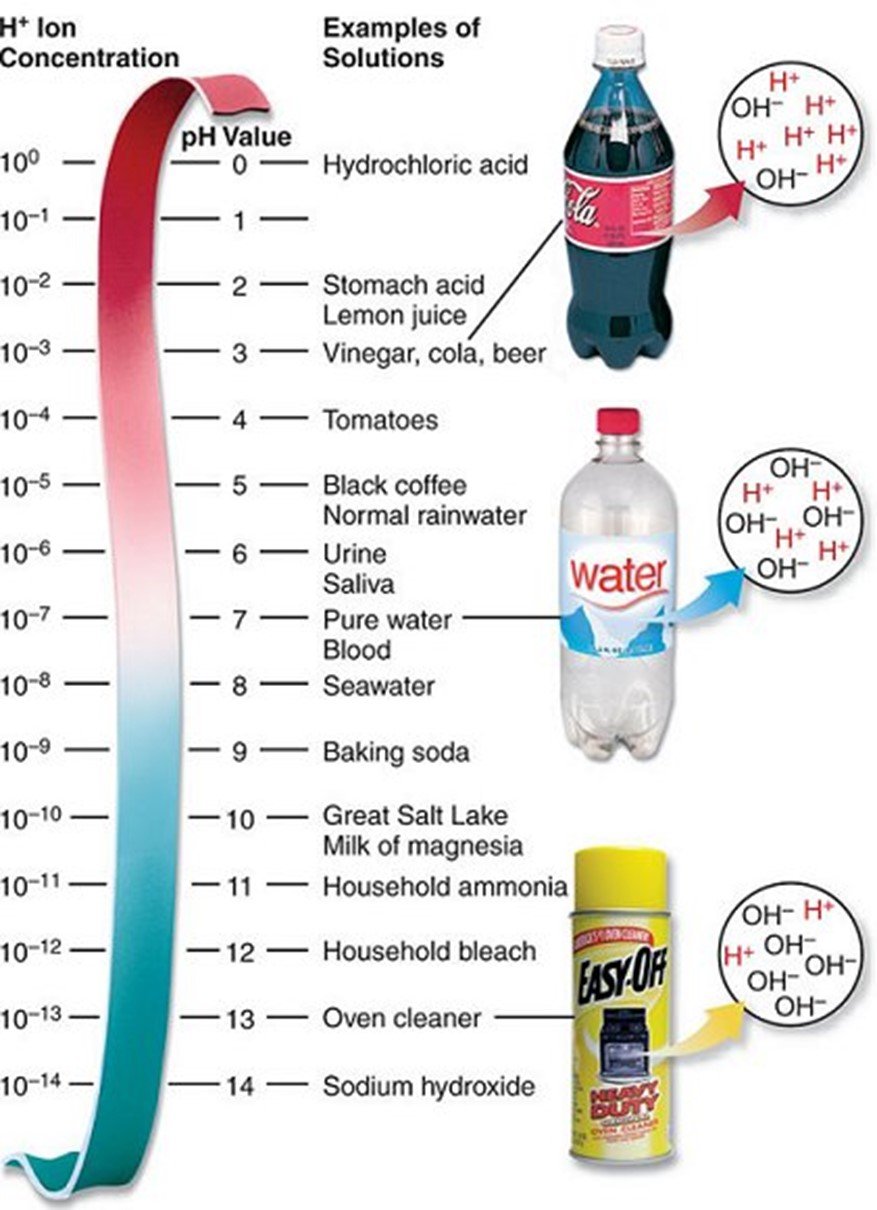
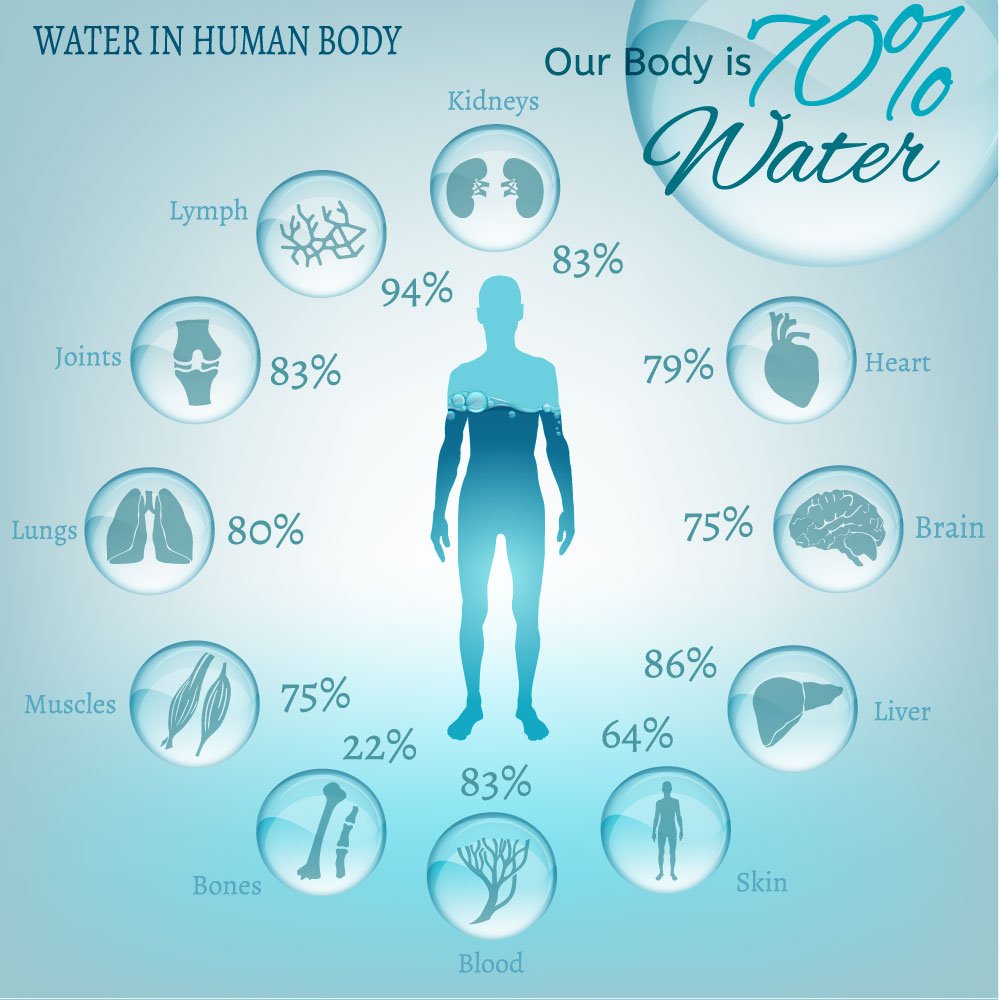
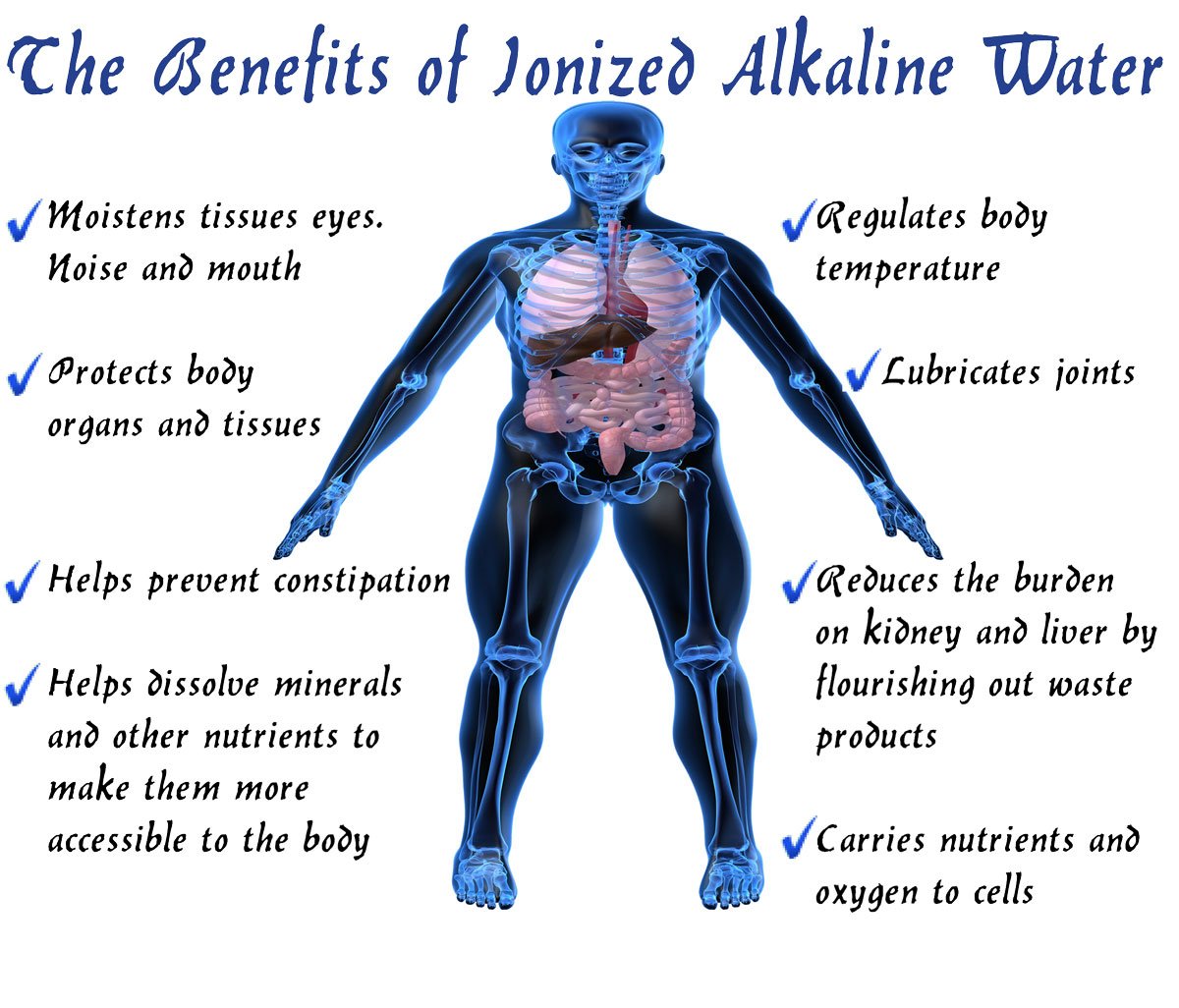
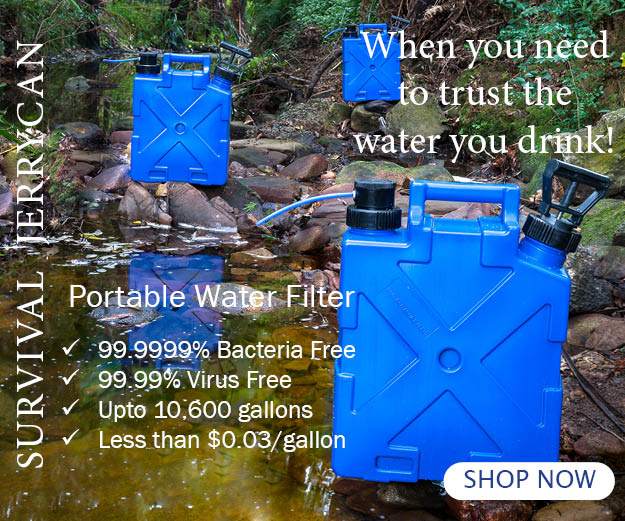
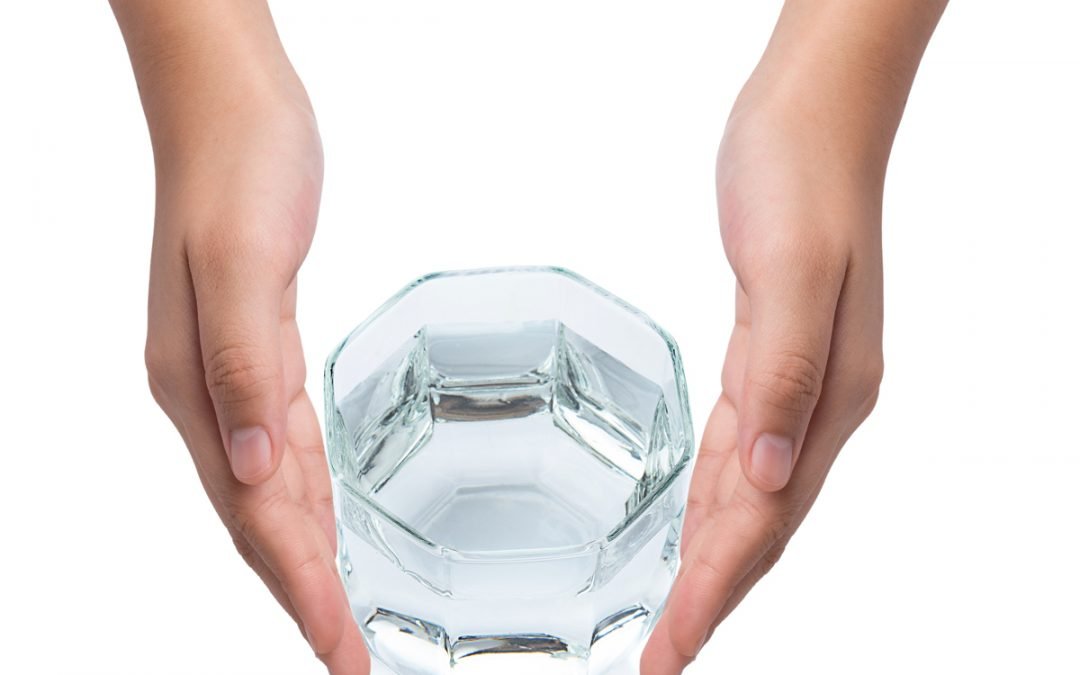
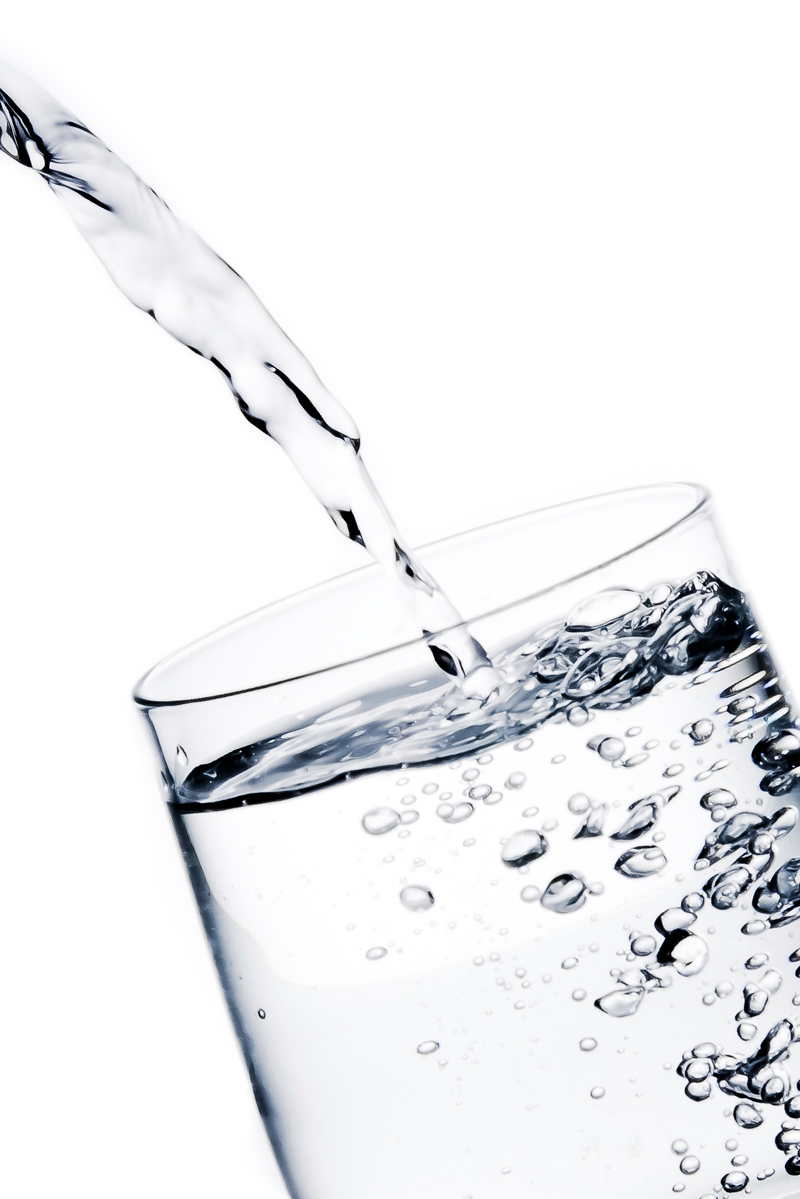

 Groundwater is needed for replenishing our bodies of water and wetlands.
Groundwater is needed for replenishing our bodies of water and wetlands. Grocery Types – These are the most common types of drinking water. You need some education to help you in choosing from a range of attractive bottled water displayed in your grocery store. Not all water is created equal and picking the wrong one will bring you more harm than good. From the grocer’s shelves, you are likely to see mineral, purified, spring, and mineral options, among others, all beautifully packaged to attract you. It is painful to discover that most of them, if not all, are simply filled with tap water and bottled for sale.
Grocery Types – These are the most common types of drinking water. You need some education to help you in choosing from a range of attractive bottled water displayed in your grocery store. Not all water is created equal and picking the wrong one will bring you more harm than good. From the grocer’s shelves, you are likely to see mineral, purified, spring, and mineral options, among others, all beautifully packaged to attract you. It is painful to discover that most of them, if not all, are simply filled with tap water and bottled for sale.
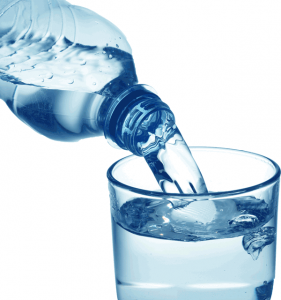 Can you actually find water that’s healthy? The good news is that there are optimal H2O choices available, which ultimately hydrate without putting your life at risk. You should have access to drinking “aqua” all throughout the day, irrespective of where you are, without compromising the quality or quantity.
Can you actually find water that’s healthy? The good news is that there are optimal H2O choices available, which ultimately hydrate without putting your life at risk. You should have access to drinking “aqua” all throughout the day, irrespective of where you are, without compromising the quality or quantity.